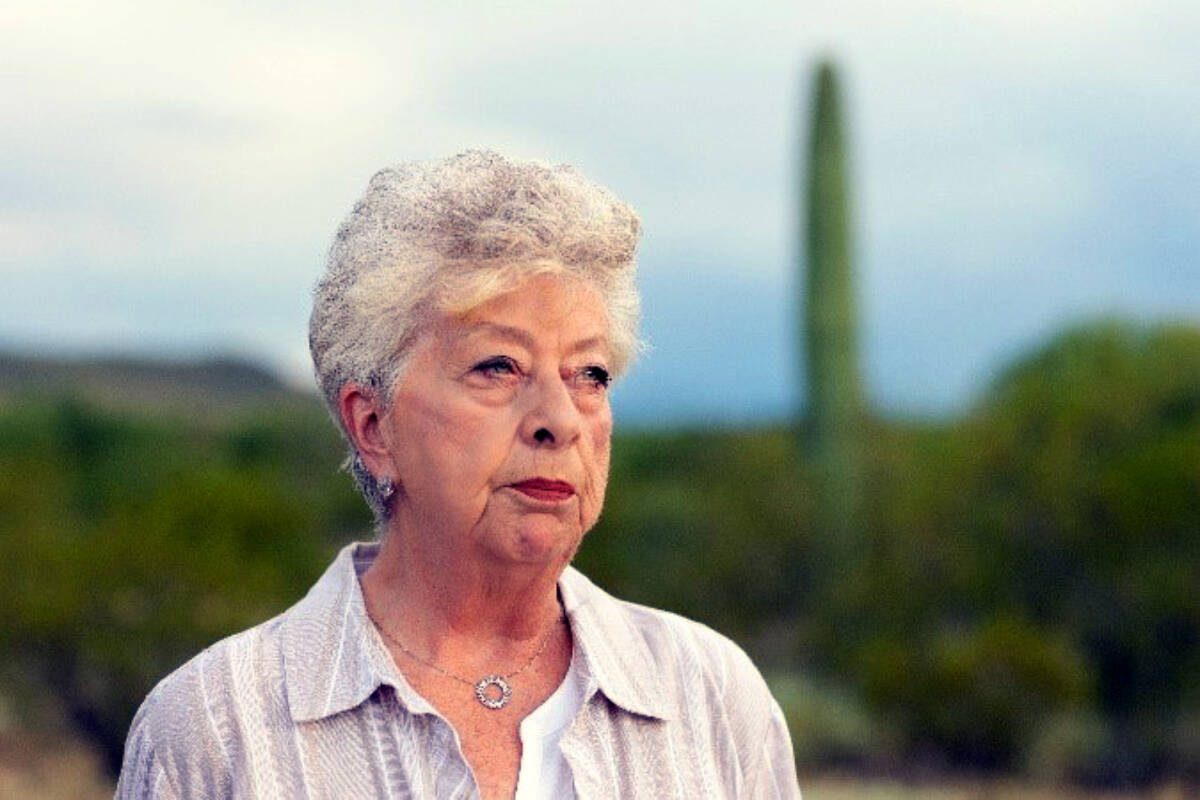If we’re lucky, we get old. Of course, people get old in different ways, but men and women also age differently. Here is a look at some of the unique challenges women face as they age, how they can address these challenges, and how their loved ones can help.
Physical Health
Among the top health considerations for women as they age are:
- Menopause: During menopause, the body’s production of the hormones estrogen and progesterone decreases. That usually leads to a range of physical and emotional symptoms, such as hot flashes, mood changes, and vaginal dryness.
- Bone health: Women are more prone to osteoporosis than men, especially after menopause. This is because estrogen plays a role in maintaining bone density, and a decline in estrogen can increase the risk of fractures and bone loss.
- Heart health: Heart disease is the leading cause of death for women in many countries, and the risk of developing it increases with age. Regular exercise and a healthy diet can help reduce the risk.
These are just a few of the reasons women should have a checkup with their doctor annually, even if they are feeling well. Besides checking current health—through a physical exam, bloodwork, and other screenings—the doctor will ask for family health history.
Mental Health and Elder Abuse
Studies in numerous countries have shown that older women are more likely than older men to experience stress, depression, and anxiety.
Older women may also be more vulnerable to developing cognitive impairment, such as dementia. This is partly because women tend to live longer than men, and age is a significant risk factor for cognitive decline.
Financial Security
Older women are generally less financially secure than older men. There are several reasons for this, including:
- Pay gap:. Women typically earn less than men over the course of their careers, which means they have less money to save for retirement.
- Career breaks: Women are more likely than men to take career breaks to care for children or other family members. This can result in lost wages, lower retirement savings, and smaller pensions or Social Security benefits.
- Longer life expectancy: Women tend to live longer than men, which means they need to make their retirement savings last longer.
- Caregiver responsibilities: Women are more likely to provide care for children or sick or elderly relatives, which can lead to reduced work hours, lost wages, and increased expenses.
How To Support Women as They Age
- Encourage regular health screenings.
- Address safety concerns.
- Stay connected.
- Support her independence.
Right at Home’s professional in-home caregivers can help family caregivers by taking over caring duties on a schedule that works for everyone. Right at Home is a global network where most offices are independently owned and operated.
Talk to us
> Give us your news tips.
> Send us a letter to the editor.
> More Herald contact information.

























